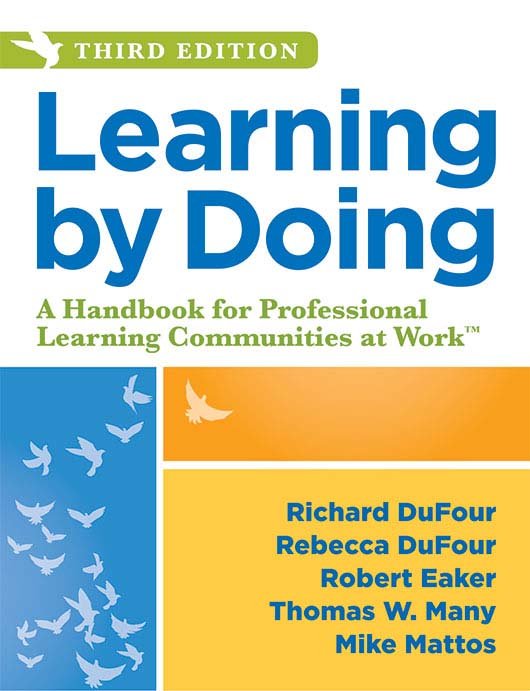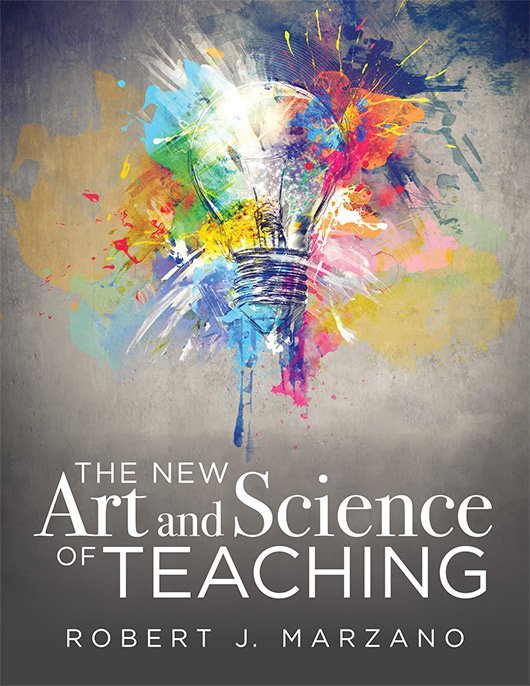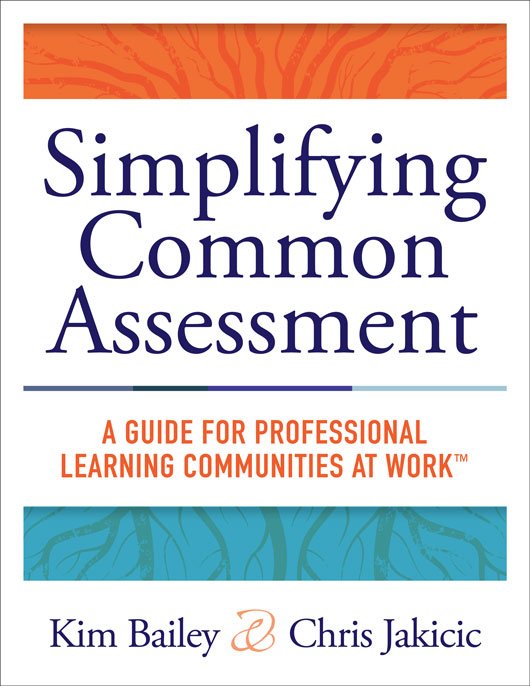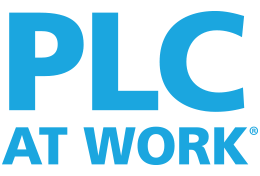DEMOGRAPHICS
Operated by the Capitol Region Education Council (CREC), Greater Hartford Academy of the Arts is an interdistrict magnet school program serving students from Hartford, Connecticut, and nearly 60 surrounding suburban districts.
320 students
- 59% Free and reduced lunch
- 3% Limited English proficient
- 18% Special education
Greater Hartford Academy of the Arts' Challenge
Greater Hartford Academy of the Arts (GHAA) opened its doors in 2012. In its first year of operation, nearly all of the school’s staff were brand-new teachers. They were immediately tested in the first month, when almost 80% of students scored below proficient on the district’s first common assessment. The school knew they needed to take immediate action.
Books Studied
GHAA principal Bo Ryan, literacy coach Sarah Henry, and assistant principal Brendan Hines read and discussed more than 50 Solution Tree books that were used for learning, sharing, creating, and research.



“The sharing of professional resources and knowledge allows our staff to learn as a unified group with consistent language, expectations and practices, and collaboratively created protocols. Our staff believes strongly in ongoing professional learning, researching best practices and resources to improve instructional methods.”
IMPLEMENTATION
The staff of GHAA started building a professional learning community, relying on dozens of Solution Tree books to guide them on their journey. During the team’s first professional development session, they used reproducibles from Learning by Doing by Richard DuFour, Rebecca DuFour, Robert Eaker, and Thomas W. Many to build shared knowledge and begin creating their own vision, mission, and collective commitments.
“In the last five years, we have used a variety of resources from Solution Tree to help improve our school,” said Principal Bo Ryan. “During this time, we did not have the money to attend a professional development event or to have a consultant visit our school. I just bought the books, read everything possible, and shared the information with my instructional coach and assistant principal. We discussed the content and created a plan for school improvement.”
The leadership team worked to embed professional learning into the school day, with every meeting focusing on student learning. Teachers were given 80 minutes of planning time daily and were provided numerous collaborative learning opportunities: professional learning walks, peer visits, prior-to-unit planning, end-of-unit analysis, collaborative planning, coaching with specialists, early-intervention meetings, and student-support meetings. The school also set aside four hours of professional development time monthly.
RESULTS
GHAA became a true professional learning community with a relentless focus on helping all students achieve at high levels. After the initial common formative assessment (CFA) in September of the first year of operation, GHAA administered two additional CFAs in December of that year and in February the following year, with incredible results.
In year 3, the school was identified as “Progressing” by the Connecticut State Department of Education. A Progressing school is one that has shown significant progress toward closing the achievement gap and improving overall student performance. GHAA also earned national recognition as a model PLC on AllThingsPLC.info.
First year of PLC at Work® implementation
|
ASSESSMENT |
CREC CFA #1 |
CREC CFA #3 |
||
|
Reading |
|
20% |
|
72% |
|
Math |
|
42% |
|
68% |
|
Writing |
|
56% |
|
80% |
WHY PLC AT WORK®?
Professional learning communities (PLCs) are schools that empower educators to work collaboratively in recurring cycles of collective inquiry and action research to achieve better results for the students they serve.

